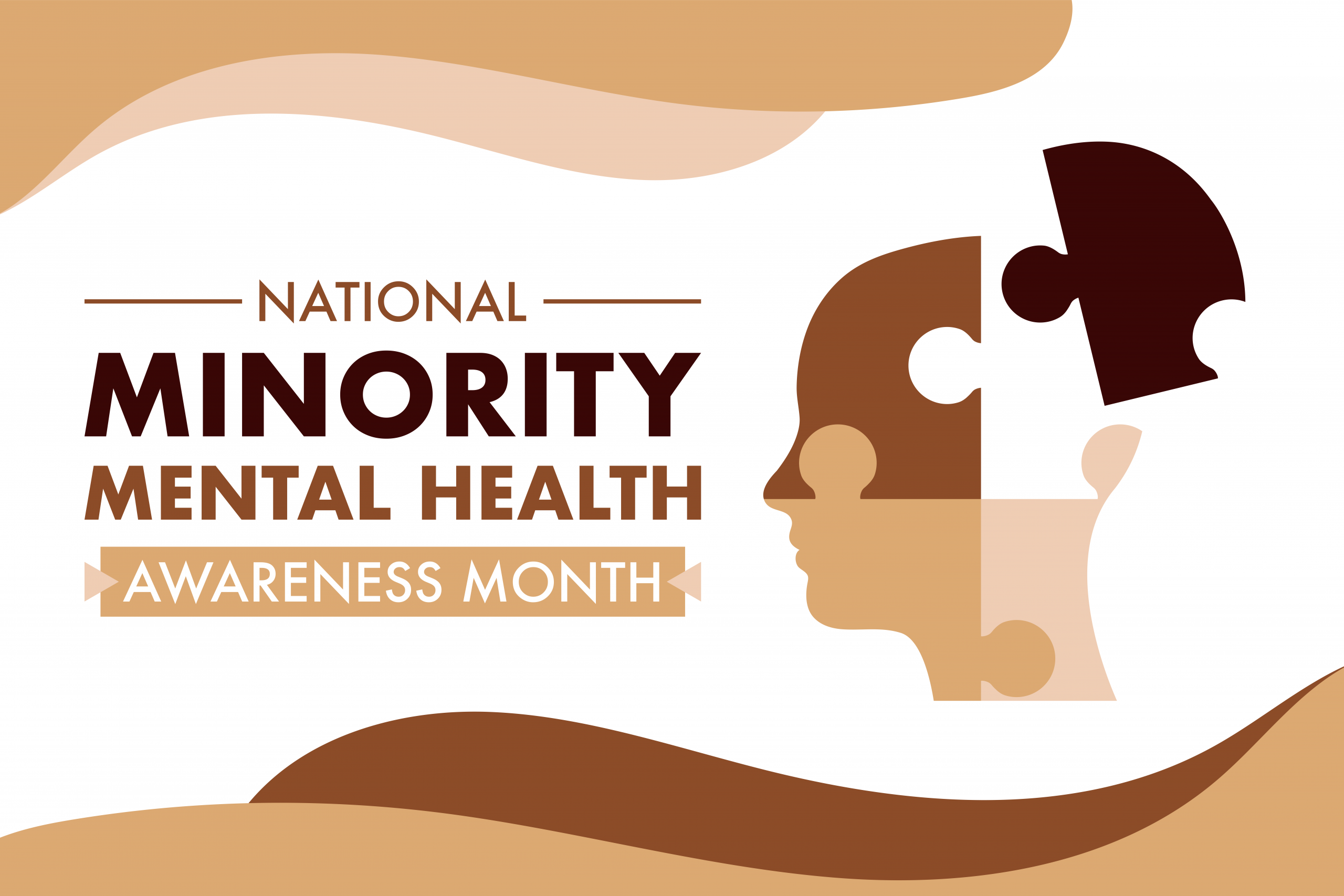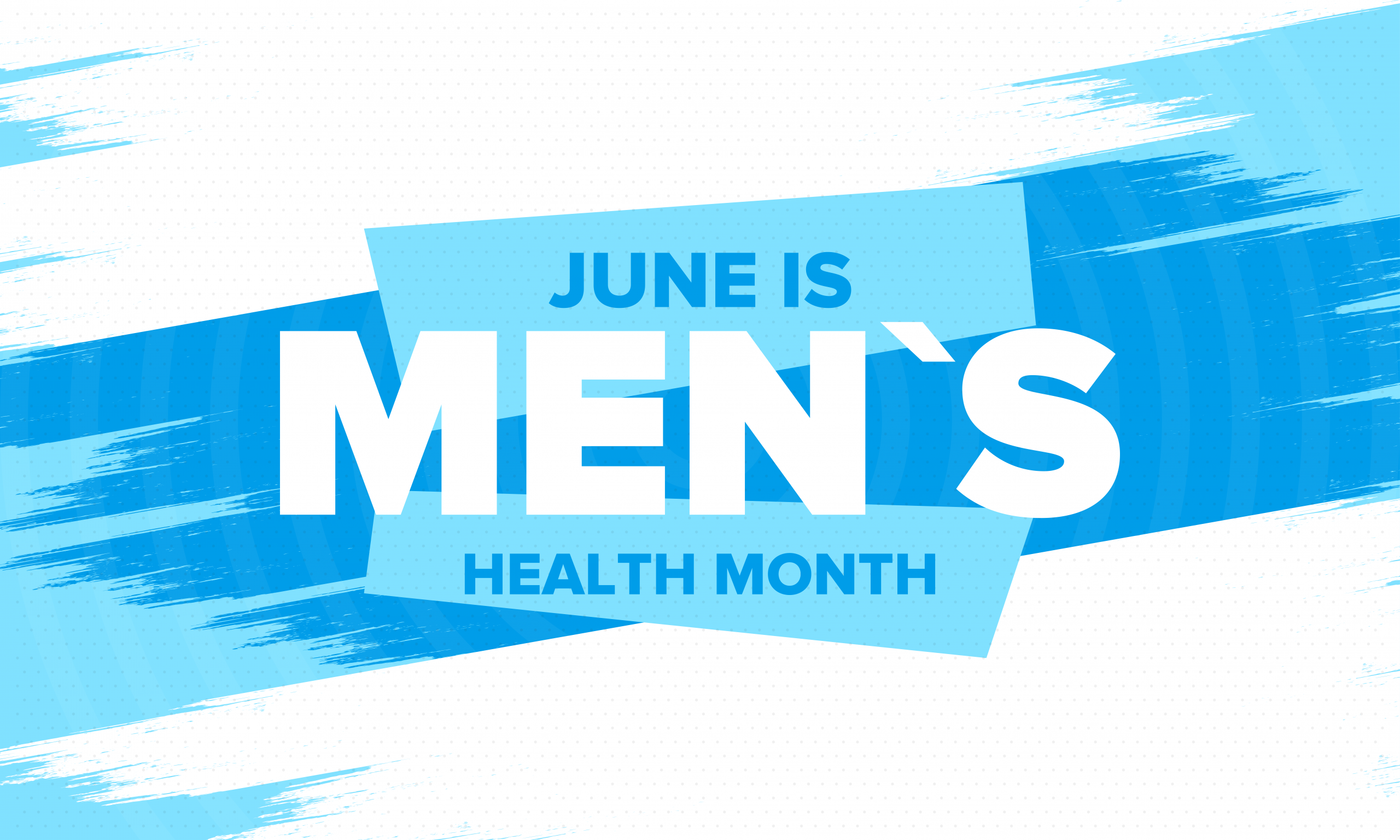

Guest Blog: Celebrating BIPOC Mental Health Month
By: Caren Howard, Senior Director of Policy and Advocacy, Mental Health America
The medical community, including mental health providers, has increasingly recognized that care delivery and family history are not the only important factors contributing to a person’s health. Instead, the greatest impacts on an individual’s overall health and mental health outcomes are non-clinical social drivers of health. Social drivers of mental health (and social drivers of health) include housing quality, nutrition security, transportation access, financial security, and other factors like educational and work opportunities, and interpersonal relationship quality.
When individuals have access to safe, supportive housing, mental wellness follows. When children have access to healthy foods, they are better able to regulate emotions and perform academically. This relationship between social determinants and positive outcomes is equally applicable to transit, meaningful education and work opportunities, and interesting social activities that promote connection.1 When these basic needs are met, individuals and families are more likely to have positive health experiences and can better benefit from clinical treatments.
Unfortunately, as Mental Health America’s (MHA’s) State of Mental Health in America report notes in its housing “spotlight,” of the CDC’s nine objectives to increase social and community support in Healthy People 2030, five have gotten worse for individuals in recent years and one has shown little or no change over time. Years after the civil rights movement, marginalized communities, including BIPOC, LGBTQ+, and disabled populations, face more structural barriers to mental health care and higher rates of social drivers of health challenges such as unmet housing needs.
At the same time, mental health challenges and suicide have risen to be the leading causes of disability and death among young people. It is estimated that 116,722 excess premature mental and behavioral health related deaths occurred among marginalized racial and ethnic populations between 2016-2020, linked to a cost of $278 billion.2 There is an inextricable connection between mental (and physical) health and social policies. While behavioral health professionals such as certified peer support specialists can bridge gaps by helping individuals connect to community and health services needed in the moment, the peer workforce needs significant investment to scale up and overcome the broader workforce shortages.
Systems-wide transformation is needed to facilitate smooth linkages between various agencies offering health and human services and supports in a collaborative way. Disaggregated data collection and data sharing between health and human services agencies is needed to coordinate services and treatment plans, and systems need to learn from this data so that disparities in health outcomes by race, ethnicity, and language (REL), Sexual Orientation and Gender Identity (SOGI), and disability status can be eliminated. This issue brief provides more detail about the role of federal data collection in addressing disparities.
In celebrating this year’s 25th anniversary of the Supreme Court’s Olmstead v. L.C. decision, which affirmed the right for Lois Curtis, a black woman with a mental health condition, to receive mental health services in the most integrated setting appropriate to her needs, it is crucial that policymakers, health care providers, and human services providers recognize the role of lack of supportive housing and other social determinants in driving needless hospitalizations and emergency department visits and work to conceptualize health systems and government agencies as coordinated points of connection that support both mental health, physical health, and other basic needs.
We will be discussing how federal policy has already supported this kind of “integration” through health and social policies and what more needs to be done to promote mental (and physical) wellness in all populations at MHA’s upcoming National Policy Institute on Sept. 17. We are excited to welcome speakers from USDA, HUD, CMS, and hope you will join us as well to build on the legacy of mental health champions like Bebe Moore Campbell, an author and mental health activist who we honor every July for Minority Mental Health Month, also known as BIPOC Mental Health Month.
Mental Health America is a member of the National Health Council. For more information on NHC membership, please email membership@nhcouncil.org.
References
1 Shim, Ruth & Compton, Michael. (2018). Addressing the Social Determinants of Mental Health: If Not Now, When? If Not Us, Who?. Psychiatric Services. 69. appi.ps.2018000. 10.1176/appi.ps.201800060.
2 Dawes, Daniel. (2022). The Economic Burden of Mental Health Inequities in the United States Report. https://satcherinstitute.org/wp-content/uploads/2022/09/The-Economic-Burden-of-Mental-Health-Inequities-in-the-US-Report-Final-single-pages.V3.pdf.


